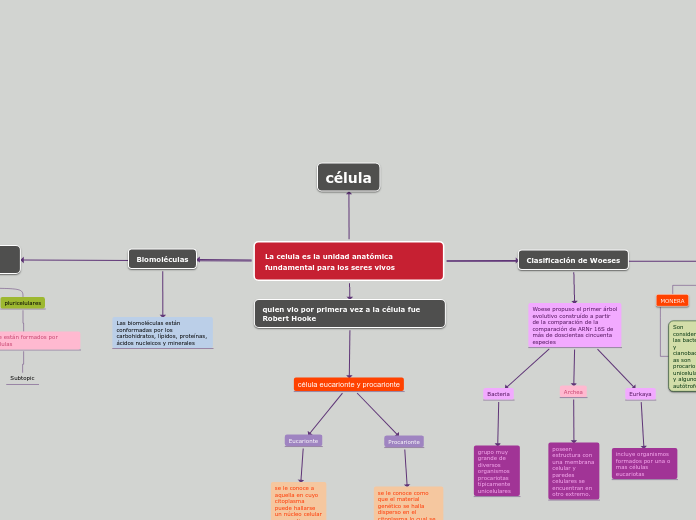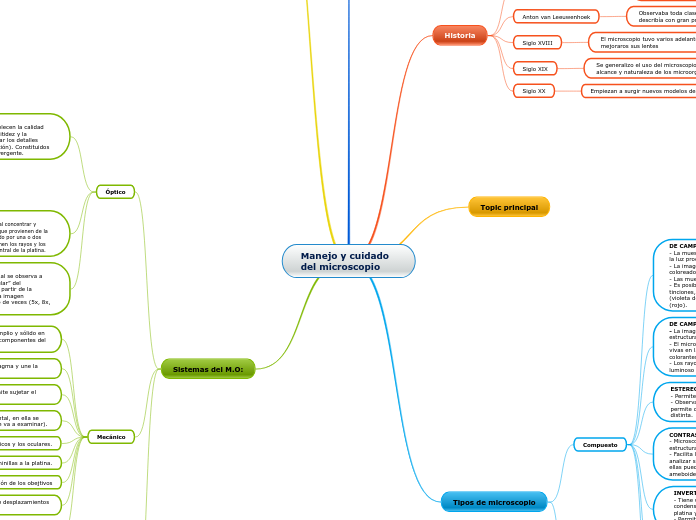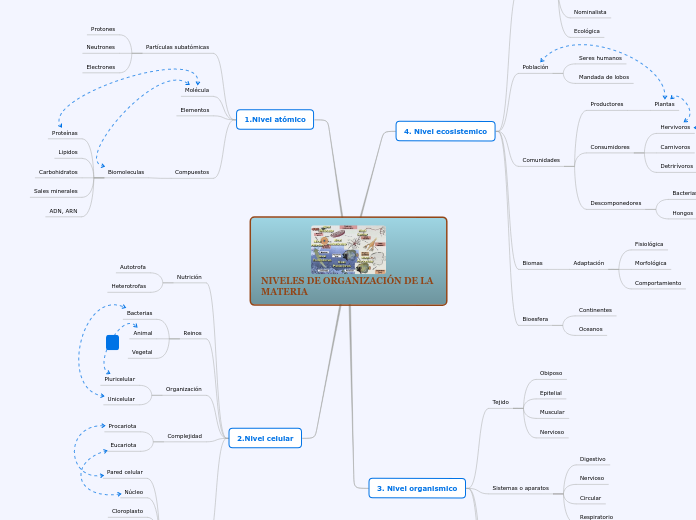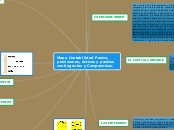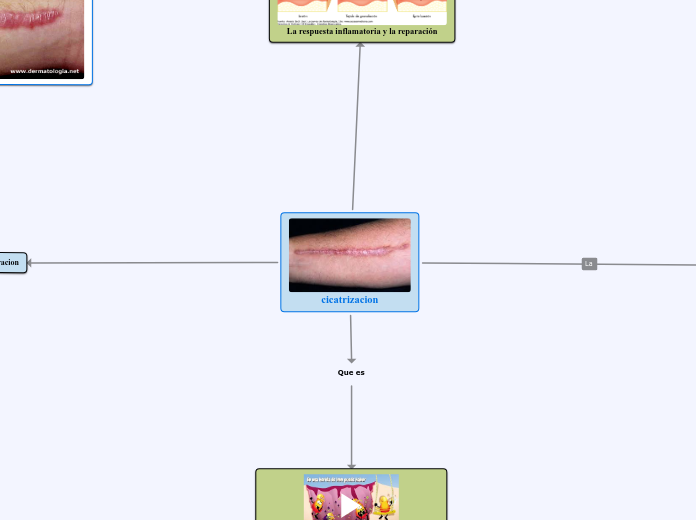La celula es la unidad anatómica fundamental para los seres vivos
Name the character
Type in the name of the character whose change throughout the story you are going to analyze.
Example: Nick Carraway.
Clasificación de Woeses
Woese propuso el primer árbol evolutivo construído a partir de la comparación de la comparación de ARNr 16S de más de doscientas cincuenta especies
Eurkaya
incluye organismos formados por una o mas células eucariotas
Archea
poseen estructura con una membrana celular y paredes celulares se encuentran en otro extremo.
Bacteria
grupo muy grande de diversos organismos procariotas típicamente unicelulares
Biomoléculas
Las biomoléculas están conformadas por los carbohidratos, lípidos, proteínas, ácidos nucleicos y minerales
quien vio por primera vez a la célula fue Robert Hooke
célula eucarionte y procarionte
Procarionte
se le conoce como que el material genético se halla disperso en el citoplasma lo cual se le conoce como arquería o bacteria
Eucarionte
se le conoce a aquella en cuyo citoplasma puede hallarse un núcleo celular que contiene material genético
Los 5 Reinos
Character's behavior
Think of the character's behavior at the beginning of the story and look for the way it changed throughout the story.
PLANTEA
organismos terrestres o acuáticos, posen clorofila. son fotosintéticos son eucariontes
The reason for the change in behavior
What caused the character to change the first behavior you mentioned? Type in the reason for the change.
Example: 'because no one else was interested ', and he felt Gatsby shouldn't be left alone in his last moments.
ANIMALIA
organismos eucariontes heterótrofos, multicelulares son vertebrados
Change in behavior
How did the character change the first behavior you mentioned? Type in a quote to prove your statement.
Example: Nick assumes the whole responsibility for Gatsby's funeral arrangements, 'with that intense personal interest to which every one has some vague right at the end.'
FUNGI
son eucariontes, son seres unicelulares, que carecen de clorofila son heterótrofos
PROTISTA
organismos eucariontes, son seres unicelulares pueden ser autótrofos
MONERA
Son considerados las bacterias y cianobacterias son procariontes, unicelulares y algunos autótrofos
Initial behavior
How does the character act at the beginning of the story? Type in a relevant quote for your statement.
Example: Nick shows his immature side as he leaves to New York in order to avoid 'being rumored into marriage' with his girlfriend.
unicelulares y pluricelulares
Character's feelings
Focus on the way the character's feelings are presented at the beginning and at the end of the story, while explaining why they have changed.
pluricelulares
son los que están formados por muchas células
Subtopic
unicelulares
son aquellos que están formadas por una sola célula
célula
Title
Type in the title and author of the literary work that introduces the character.
Example: The Great Gatsby, by F. Scott Fitzgerald.
